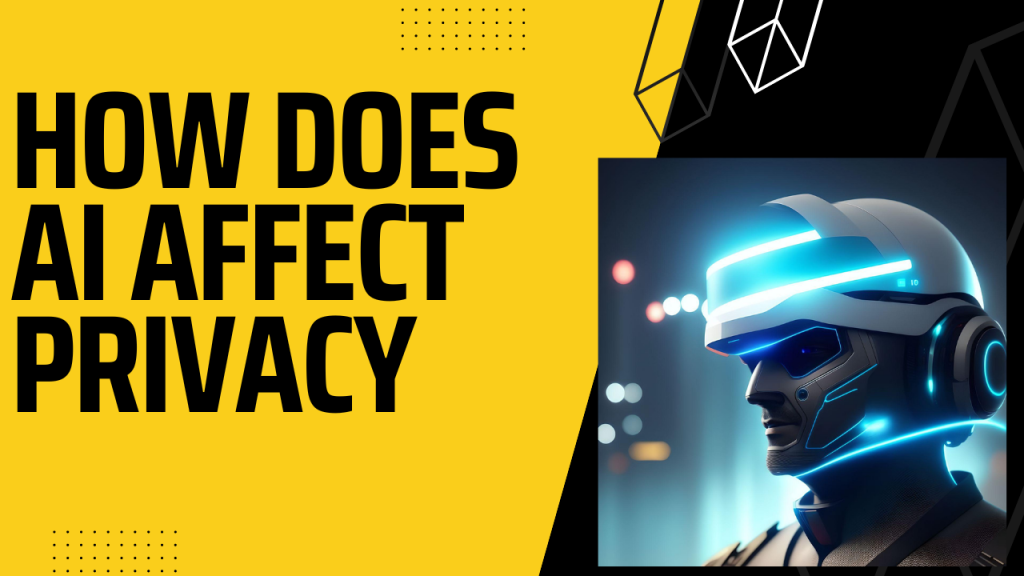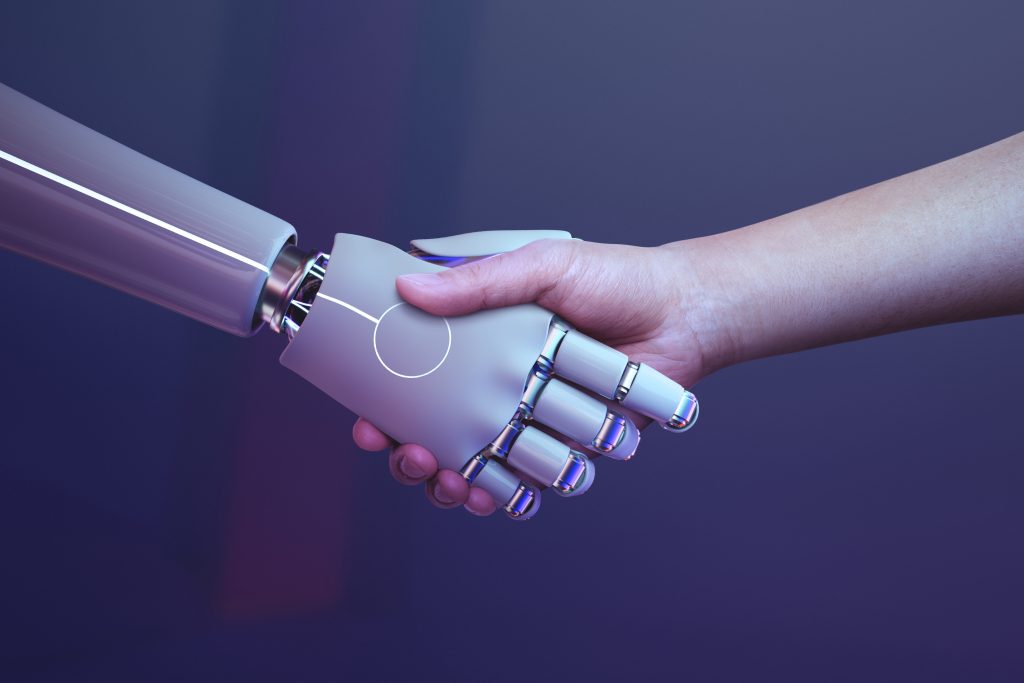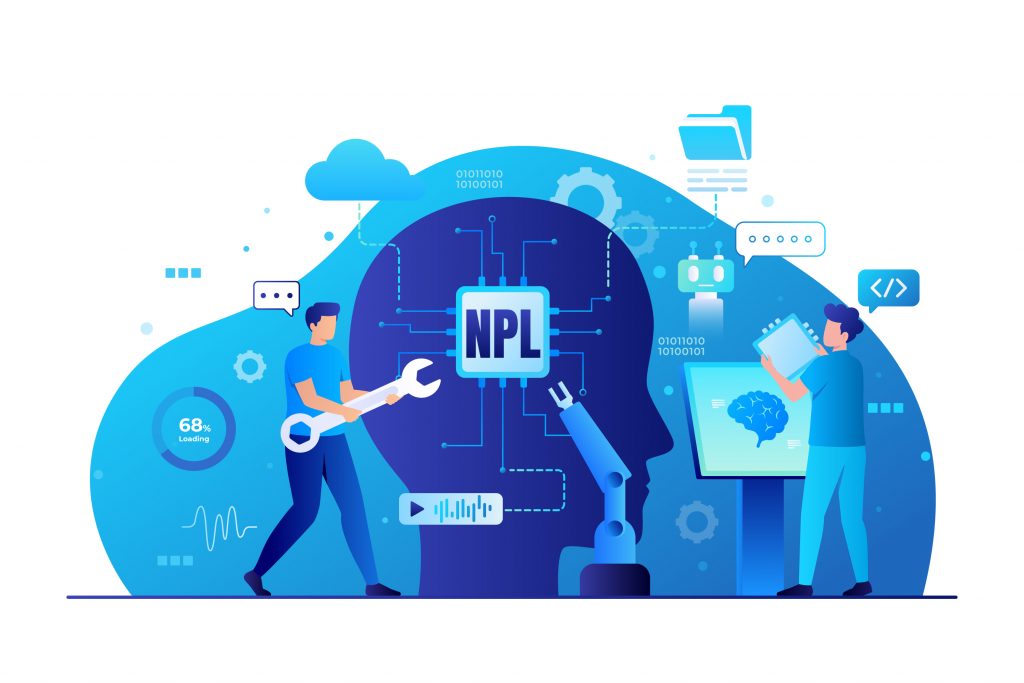
how does ai affect privacy
AI and Personal Privacy: Balancing Progress with Protection
In an age where technology is advancing at an unprecedented pace, artificial intelligence (AI) has emerged as a transformative force. However, as AI becomes deeply integrated into our daily lives, it raises significant questions about personal privacy. This article explores the intricate trade-offs between the benefits of AI and the potential invasion of personal privacy.
how does ai affect privacy
Table of Contents
Introduction
The Power of AI
Enhancing Efficiency
Improving Healthcare
The Privacy Predicament
Data Collection and Surveillance
Algorithmic Predictions
Balancing Act: Benefits vs. Privacy
Consent and Control
Ethical Frameworks
Safeguarding Your Privacy
Data Protection Measures
Consumer Awareness
Conclusion
FAQs
1. Introduction
As AI technologies continue to reshape industries and our daily routines, they bring both promises and perils. While AI offers incredible benefits, it also threatens personal privacy. This article explores the intricate relationship between AI advancements and the privacy concerns they evoke.
2. The Power of AI
2.1 Enhancing Efficiency
AI has revolutionized productivity across various sectors. Businesses utilize AI-driven automation to streamline processes, saving time and resources. However, this efficiency often relies on the collection and analysis of vast amounts of personal data.
2.2 Improving Healthcare
In the healthcare sector, AI aids in diagnosing diseases, predicting patient outcomes, and developing personalized treatment plans. These advancements have the potential to save lives, but they necessitate access to individuals’ sensitive medical data.
3. The Privacy Predicament
3.1 Data Collection and Surveillance
AI systems thrive on data, and collecting this data can infringe upon personal privacy. Surveillance cameras equipped with facial recognition, smart home devices, and online platforms continuously gather information about individuals’ behaviors, preferences, and locations.
3.2 Algorithmic Predictions
AI algorithms analyze personal data to make predictions about users’ preferences and behaviors. While this can enhance user experiences and recommend products, it also raises concerns about the manipulation of choices and the potential for algorithmic bias.
4. Balancing Act: Benefits vs. Privacy
4.1 Consent and Control
One way to strike a balance is by ensuring individuals provide informed consent for data usage. Empowering users to control how their data is collected and used is crucial in preserving privacy while enjoying AI benefits.
4.2 Ethical Frameworks
Developing and adhering to robust ethical frameworks for AI deployment is essential. These frameworks should prioritize privacy protection, fairness, and transparency in algorithmic decision-making.
how does ai affect privacy
5. Safeguarding Your Privacy
5.1 Data Protection Measures
Individuals can take proactive steps to safeguard their privacy. Using encryption tools, regularly reviewing app permissions, and being cautious about sharing sensitive information online are all effective measures.
5.2 Consumer Awareness
Raising awareness about AI’s privacy implications is vital. Individuals should be informed about how their data is used and the potential risks associated with AI technologies.
6. Conclusion
AI presents remarkable opportunities to advance society, but it also poses challenges to personal privacy. Striking a balance between reaping the benefits of AI and safeguarding privacy is an ongoing endeavor. By promoting informed consent, ethical AI development, and individual data protection measures, we can ensure that AI enhances our lives without compromising our privacy.
7. FAQs
how does ai affect privacy
Q1: Can AI technologies predict my future actions accurately?
AI can make predictions based on historical data, but it cannot predict individual actions with absolute certainty.
Q2: How can I protect my personal data from AI surveillance?
You can protect your data by using strong passwords, enabling two-factor authentication, and reviewing privacy settings on online platforms.
amazon link buy boAt Rockerz 450 Bluetooth On Ear Headphones
how does ai affect privacy
Q3: Are there laws in place to regulate AI’s use of personal data?
Many countries have data protection laws, such as the GDPR in Europe and HIPAA in the United States, which govern how AI can use personal data.
how does ai affect privacy
Q4: What role do companies play in ensuring AI respects personal privacy?
Companies should implement privacy-by-design principles, be transparent about data usage, and provide clear privacy policies to protect their users’ data.
how does ai affect privacy
Q5: How can I stay informed about AI developments and their privacy implications?
You can stay informed by following reputable tech news sources, attending seminars, and reading research papers on AI ethics and privacy.
In an era of unprecedented technological advancement, maintaining personal privacy is paramount. While AI offers transformative benefits, we must remain vigilant and proactive in safeguarding our personal data and ensuring that ethical AI practices prevail.
how does ai affect privacy thank
what is AI // क्या है ai //type of ai
what is machine learning (ml)?what is a risk to data when training a machine learning (ml) application?
Reinforcement learning- (RL)-What is RL in reinforcement?-introduction
first Python programming-introduction Python programming


